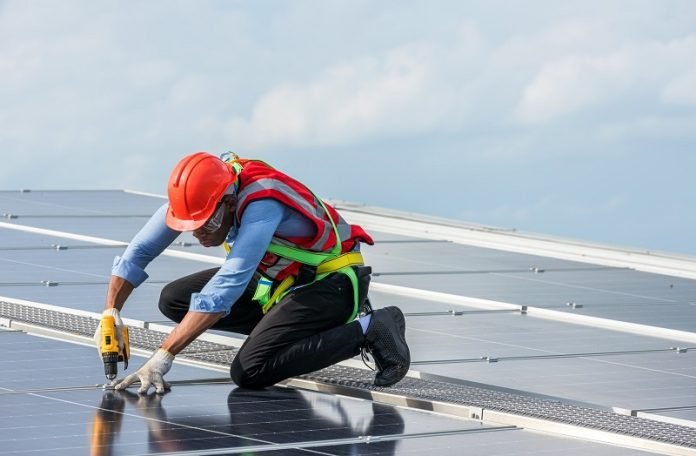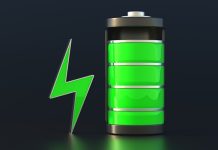
Solar energy is a popular choice for many homeowners looking to reduce their reliance on traditional power sources and save money.
However, recent research from the Georgia Institute of Technology reveals a surprising twist: installing solar panels at home doesn’t always lead to the expected energy savings.
This phenomenon, known as the “solar rebound effect,” shows that people often end up using more electricity after getting solar panels.
Imagine a household that uses 1,000 kilowatt hours of energy every month. They decide to go green and install solar panels that can produce 500 kilowatt hours monthly.
You’d think this would cut their grid electricity usage by half, right? Surprisingly, this isn’t always the case.
Instead of using less electricity, these households often end up using more than their original 1,000 kilowatt hours.
Why does this happen? According to Matthew Oliver, an associate professor in the School of Economics at Georgia Tech, it’s a mix of economics and human behavior. When people switch to solar, they might feel they’re saving money or reducing their environmental impact.
This leads to a more relaxed attitude towards energy use – leaving lights on longer, running appliances more often, and generally using more electricity than before.
This discovery is crucial for policymakers who encourage solar panel use through subsidies. If a typical household has a solar rebound of 20%, it means they’re only achieving 80% of the potential carbon reduction benefits from their solar panels.
This isn’t a one-for-one trade-off; the more solar energy generated, the less grid energy displaced.
So, what’s the solution? The research suggests a shift in focus. Instead of primarily subsidizing residential solar panels, investing more in large-scale solar projects managed by utility providers might be a smarter choice. These big solar projects don’t face the same behavioral issues as individual households. They could fully utilize the carbon reduction potential of solar energy.
In conclusion, while home solar panels can still play a part in our energy strategy, balancing investments with larger solar projects might lead to more effective environmental benefits. Understanding and addressing the solar rebound effect is crucial in shaping future solar energy policies and ensuring we get the most out of this clean energy source.



